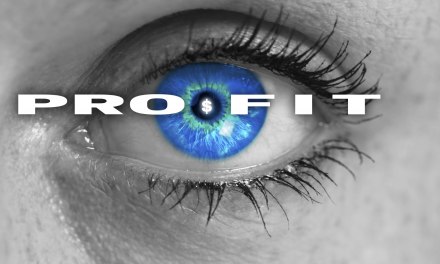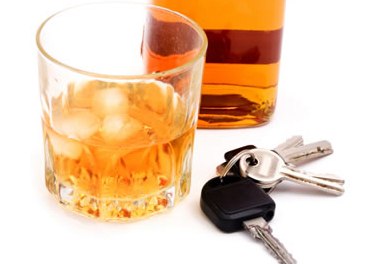I don’t come across too many stories about compulsive gambling in the media – surprising given the extent of gambling in today’s America, especially since the advent of online wagering. Time was when to place a wager, you had to visit a casino or a racetrack. No more. It’s as close as your PC. Or I suppose, your phone.
It’s as if we set out to maximize the number of problem gamblers we had to deal with. As if we didn’t have enough already.
Exactly how common are gambling disorders in the US? Best estimates are in the neighborhood of two million US adults at any time who would qualify for a diagnosis of Gambling Disorder (GD), ranging from mild to severe. Plus another 5 million or so who could be labeled ‘problem gamblers’, a broader, less well-defined category.
Gambling and substance disorders often co-occur in the same individual, where they work together to escalate the damage done.
In this case, a recent book by a former gambler and I believe occasional bookie — “person that accepts and pays out bets on sporting and other events at agreed-upon odds” — mentions the case of Phil Mickelson, one of America’s best-known golf pros. The book describes Mickelson’s extensive involvement with gambling throughout a long career in sports.
According to the book’s author, Mickelson has bet some one billion dollars over the years, mostly on sporting events. I assume that’s a sum total of the bets placed. The result, per the book: an estimated total loss of $100 million.
Hard to swallow, I know. Where do they get so much money in the first place? a friend demanded. It can’t be all from golf tournaments.
It isn’t. First, you have to win a lot of bets. And then go on to place more bets, even bigger ones, that turn out to be losers. When you finally add it all up, it’s as if you’ve simply been washing money.
One patient said of his own gambling experience: “you look back on it and wonder if it really happened. Or did I just imagine it?”
Here’s a link to the review of the book.
Phil Mickelson says he’s not betting on football this season.
Fortunately, Phil is now openly in recovery. Not because of the money lost, he insists. His motivation was the adverse effect it was having on his relationships, especially with his family. For years, he says, people complained that even when he was in their company, he wasn’t really present at all. He was off in another world of his own.
Addiction has an obsessive side. It’s difficult to pay attention at a holiday dinner when you’re preoccupied with getting a bet down before the game starts.
I guess despite all that money gone up in smoke, Phil has to count himself among the lucky ones.
The ending could have been far worse.












